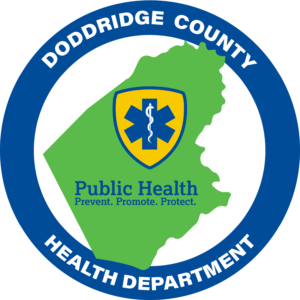February is National Cancer Awareness Month
Just being aware is not enough. We need to TAKE ACTION!
While there is no certain way to prevent cancer, there are certain risk factors that increase the likelihood. You can TAKE ACTION to lower those risks through healthy lifestyle choices, getting recommended cancer screenings, and vaccinating against certain viruses.
Factors that are known to increase the risk of cancer:
- Cigarette smoking and tobacco use
- Infections
- Radiation
- Immunosuppressive medicines
Factors that may affect the risk of cancer:
- Diet
- Alcohol
- Physical activity
- Obesity
- Environmental risk factors
6 TAKE ACTION Tips for Reducing your Risk
1. Maintain a Healthy Weight and Active Lifestyle
- Eat a plant based diet and decrease your intake of higher calorie food.
- Limit processed meats and alcohol.
- Include at least 30 minutes of physical activity in your daily routine.Even better, strive for at least 150 minutes a week of moderate aerobic activity or 75 minutes a week of vigorous aerobic physical activity.
2. Avoid smoking and tobacco products
- All forms of tobacco products have many chemicals that damage DNA and cause cancer.
- No forms are safe including cigarettes, e-cigarettes, cigars, chewing tobacco/snuff, hookas/waterpipes, and even secondhand smoke.
- If you need help quitting tobacco, ask your doctor about products and strategies available to support you. MWHC has a tobacco cessation support group.
3. Sun protection
- Stay out of the sun between 10:00 a.m. and 4:00 p.m.
- Generously use sunscreen, cover exposed areas with hats or loose clothing, and utilize the shady areas when outdoors.
- Avoid tanning beds and sun lamps.
4. Get Immunized
- Certain viruses can cause cancer. There are vaccines that have been proven to be effective to reduce your risk.
- The Human papillomavirus (HPV) vaccine can significantly decrease the risk of several cancers including cervical, throat, tongue, anal, and other genital cancers.
- The Hepatitis B vaccine decreases the risk for liver cancer.
5. Get Screened
- Regular screenings help detect cancers early and maximize your chance for successful treatment.
- Please check out the American Cancer Society’s cancer screening guidelines by age
6. Know your family history
- 5-10% of all cancers are inherited.
- Understanding your family history can help guide your discussion with your physician of when you need to start cancer screening and whether to consider genetic counseling.
The National Cancer Institute and others continue to study new ways to prevent cancer. At this time, vitamin and dietary supplements have not been shown to prevent cancer.
Challenge yourself to do at least one of these TAKE ACTION steps each month, and then add another the next month, and then another and so forth until you are doing them all!
Sources:
- American Cancer Society
- Centers for Disease Control and Prevention
- Mayo Clinic
- National Cancer Institute
- National Comprehensive Cancer Network

